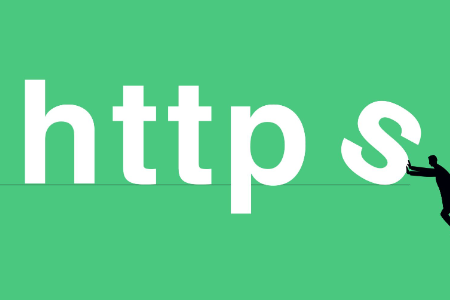The Secure Sockets Layer (SSL) certificate is a digital certificate used to encrypt communication. It plays an important role in protecting data security and establishing trust during network transmission. Here are some of the main uses of SSL certificates:
1. Data encryption:
SSL certificates use encryption algorithms to encrypt transmitted data during sending and receiving. This means that even if intercepted, it is difficult for attackers to decrypt the data, thus protecting sensitive information such as personal information, credit card numbers, etc.
2. Data integrity:
SSL certificates are also used to verify data integrity. During communication, SSL performs summary calculations before and after data transmission to ensure that data is not tampered with during transmission.
3. Identity verification:
SSL certificates can be used to verify the identity of a website. When you visit an SSL-enabled website, the browser checks the website's SSL certificate to confirm that the website is legitimate and authentic. This prevents man-in-the-middle attacks, in which attackers forge websites to steal user information.

4. Build trust:
SSL certificates can increase the user's trust in the website. Browsers usually display a small lock icon or "https://" in front of the website URL, which indicates that the connection is encrypted and the user can interact with the website with confidence.
5. SEO benefits:
Search engines, such as Google, take SSL enabled into account in their search algorithms as an indicator of a site's security and trustworthiness. Using SSL can help improve search engine rankings.
6. Compliance with regulatory requirements:
Some industries and regulations require websites to use SSL when handling sensitive information to ensure data privacy. For example, the payment card industry needs to comply with PCI DSS standards.
7. Extended functions:
Certain advanced SSL certificates, such as Extended Authentication EV SSL certificates, can display the name of the website in the browser address bar, further increasing user trust.
In summary, SSL certificates play an important role in network security, aiming to protect users' privacy and data, prevent information leaks and man-in-the-middle attacks, and establish a trust relationship between users and websites. Whether it's for a website, an email server, or an application, enabling an SSL certificate is a key security practice.

 EN
EN
 CN
CN








